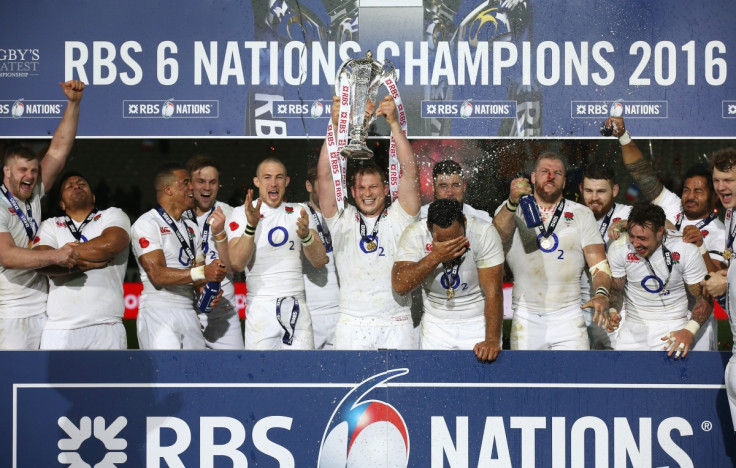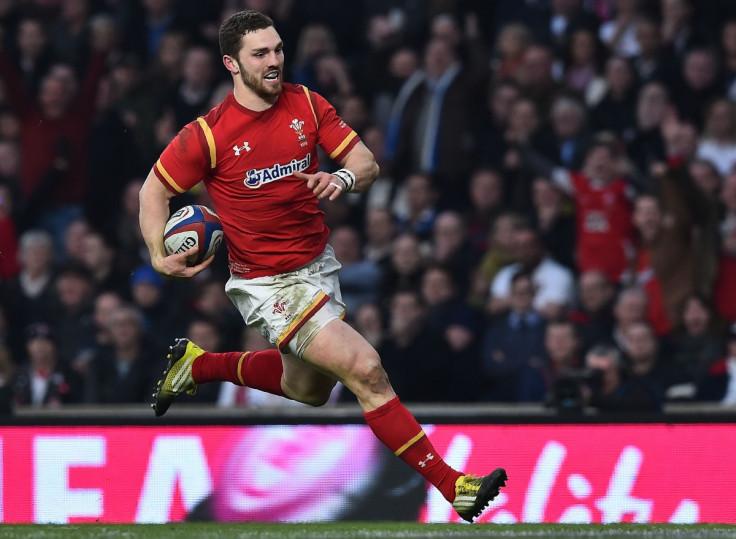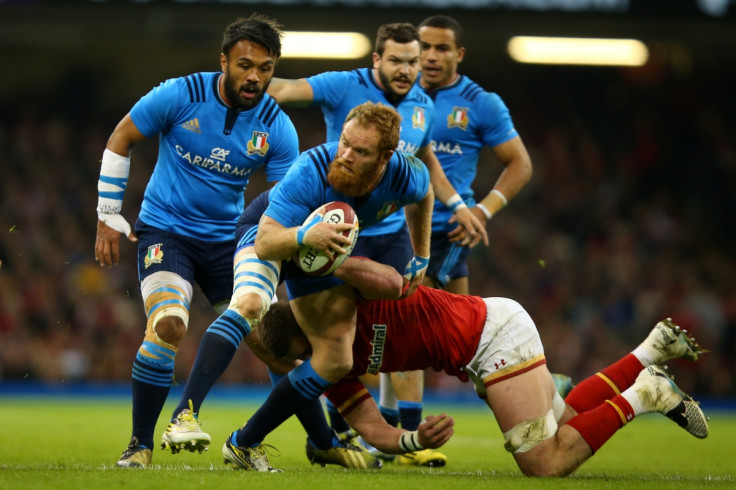Six Nations 2016 review: Team of the tournament, best try, top match and breakthrough star

Team of the tournament: Stuart Hogg (Scotland), Anthony Watson (England), Michele Campagnaro (Italy), Jamie Roberts (Wales), George North (Wales), Johnny Sexton (Ireland), Maxime Machenaud (France); Jack McGrath (Ireland), Guilhem Guirado (France), WP Nel (Scotland), Maro Itoje (England), George Kruis (England), John Hardie (Scotland), CJ Stander (Ireland), Billy Vunipola (England)
Best player: Billy Vunipola (England) – Leading the grand slam winners in both carries (72) and defenders beaten (24), the bulldozing Saracens number eight proved his quality with a series of consistently excellent performances. Special mention must also go to lock George Kruis, who was particularly colossal against France and relieved the pressure on several occasions with his crucial line-out steals.
Breakthrough star of the tournament: Maro Itoje (England) – Dubbed by Sir Clive Woodward and countless others as a future captain of his country, the freakishly gifted 21-year-old announced his entrance to the international arena in some style. Itoje is an absolute powerhouse at the breakdown and, like Kruis, is a highly skilled line-out operator. His place in the England second-row is assured for years to come.

Try of the tournament: Stuart Hogg (Scotland) – The full-back enjoyed another impressive tournament and saved his most eye-catching moment until the final weekend. Collecting a kick inside his own half, Hogg cut infield at a brisk pace before selling a terrific dummy towards Tommy Seymour and punching a hole in Ireland's midfield. He then accelerated through the sizeable gap, avoided an attempted tap-tackle from Keith Earls and charged through for a memorable solo score. The best team try came from Jamie Heaslip for Ireland against Italy.
Coach of the tournament: Eddie Jones (England) – England's remarkably swift transformation from World Cup failures to grand slam victors is a glowing testament to the hard work Jones has put in since being named as Stuart Lancaster's replacement in November 2015. He courted controversy with his ill-advised comments about Sexton's whiplash injuries that led to a self-imposed media ban, but the wily Australian has proven that he is the right man for the job. A summer tour of his homeland that includes three tests against the Wallabies will be a real litmus test for this regime. Can they compete blow-for-blow with the big southern hemisphere nations?
Best match: England 25-21 Wales – Almost six months on from their dramatic World Cup Pool A meeting, the two great rivals were back at Twickenham for a contest that most felt would determine the winner of the Six Nations. Wales were simply dreadful before half-time, playing arguably their worst rugby of head coach Warren Gatland's nine-year tenure to date and facing a 16-0 deficit courtesy of Anthony Watson's converted try and three penalties from the boot of Owen Farrell.

They came roaring back after the break, however, with efforts from the irrepressible George North and Taulupe Faletau threatening another famous comeback. A third try looked distinctly possible until Manu Tuilagi bundled North into touch at the vital moment to set up a grand slam decider in Paris.
Worst match: France 10-9 Ireland – France could be included twice in this category, with their 19-10 defeat to Wales in Cardiff certainly not deserving of its Friday night prime-time billing. However, their extremely physical tactics in the opening 40 minutes of a rain-sodden slugfest against the Irish made for rather uncomfortable viewing. Maxime Medard eventually touched down late on to secure a narrow win lacking any moral value.
Moment of the tournament: Owen Farrell's late penalty against France – Repeated indiscipline at the breakdown meant that England were not able to shake off their Gallic counterparts at the Stade de France and the hosts were still within a converted try with two minutes remaining when replacement prop Xavier Chiocci was penalised and shown a yellow card for collapsing a maul. With the clock ticking down, Farrell, who had not been perfect from the tee, nailed his penalty to set the seal on a superb achievement. A gutsy, monster kick from the 24-year-old just minutes before also helped to keep the scoreboard ticking over.
Biggest success: Dylan Hartley's captaincy - The Northampton Saints hooker's appointment as successor to Chris Robshaw was initially greeted with condemnation in some quarters due to a less than stellar disciplinary record that had seen him rack up 54 weeks worth of bans during his professional career to date. Thankfully, understandable concerns over Hartley's temperament proved to be misguided as he led with real authority and conviction throughout. Described as a "likeable rogue" by Jones, he looks set to retain the armband for England's trip down under.

Biggest disappointment: Italy's continued decline – The Azzurri's performances during the 2016 Six Nations have only lent further weight to the growing argument for the introduction of a promotion/relegation system that would allow emerging European teams like Georgia and Romania more opportunity to play at the highest level. Although they ran France close in their curtain-raiser, Italy went on to ship five tries against England in Rome and nine against Ireland. A woeful showing finished with a thumping 67-14 defeat at the hands of Wales. Time for a change?
The Joe Marler episode was also a low point for the competition. The Harlequins loose-head was extremely fortunate to avoid punishment for calling Samson Lee a "gypsy boy" during the first half of England's win over Wales. The ugly fallout from that regrettable incident marred what was an otherwise hugely entertaining afternoon.
© Copyright IBTimes 2025. All rights reserved.






















